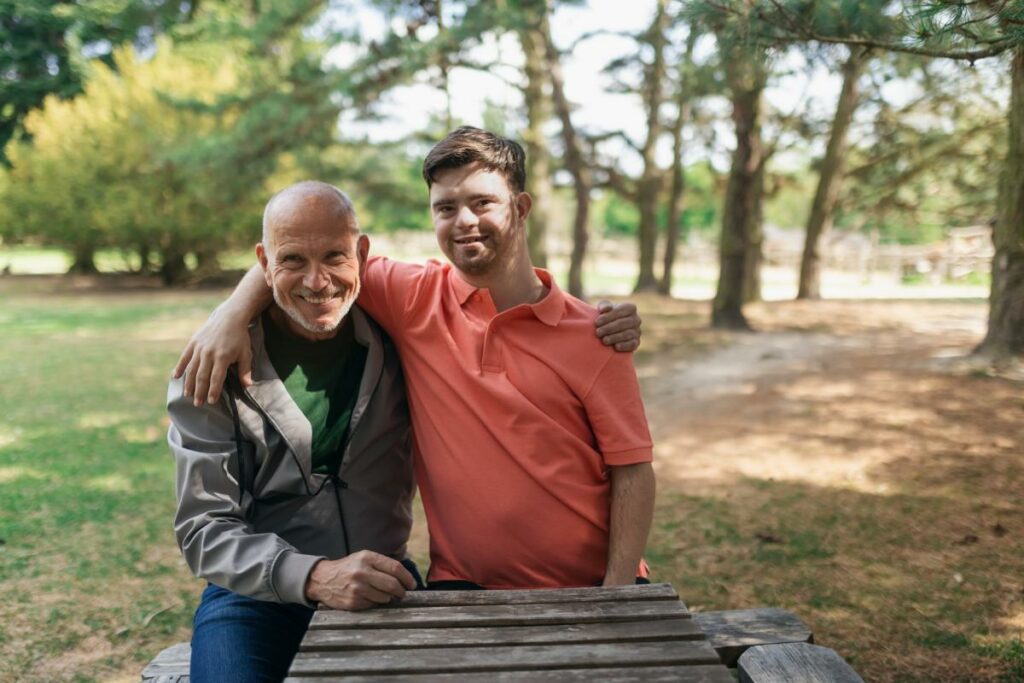The elderly population is growing, and with it, the demand for compassionate and effective care tailored to their unique needs. Two fields stand out in this context: social work and geriatric care. While each possesses its own set of principles and methods, they share a common goal – the well-being and empowerment of individuals. This article delves into the profound synergy between these two fields and illustrates how principles of social work can be seamlessly infused into geriatric care, leading to a more holistic approach to elderly wellness.

The Foundational Principles of Social Work
In the intricate world of social work, professionals stand as a beacon of hope for countless individuals from diverse socio-economic backgrounds. Central to this profession is a set of guiding principles. More than just defining the structure of their work, these tenets highlight the path that social workers follow in their commitment to uphold the rights and well-being of everyone they serve.
Central to this belief is the understanding that each individual, regardless of socio-economic status, race, gender, or age, holds innate dignity and worth. Social workers champion this perspective, emphasizing the unique value of each person and in doing so, cultivate an atmosphere of trust and mutual respect.
The essence of society lies in human relationships. These relationships are reservoirs of support, understanding, and empowerment. Trained to tap into this profound resource, social workers foster connections whether it’s among family, within communities, or between them and their clients. Such bonds often pave the way for healing, comprehension, and growth.
Given their interactions with many vulnerable groups, social workers operate with a strong ethical compass. Their actions are driven by honesty, clarity, and steadfastness, ensuring alignment with the lofty standards of their profession. Competence in this field is two-fold: having the requisite skills and knowledge and a dedication to ongoing learning. This adaptability is essential, considering the fluid nature of societal challenges and individual requirements.
Service forms the crux of social work. It revolves around a selfless devotion to enhancing the lives of others, often prioritizing the needs of clients over personal gains. This emphasis on altruism underscores the desire to effect genuine, positive change. Among all these principles, social justice stands out prominently. It pushes for the rights of the underserved, confronts biases, and promotes a balanced society where every individual can prosper.
For passionate professionals like Lisa Winters from New York, these principles are more than guidelines; they are the bedrock of her practice. They anchor her to the core values of her field and steer her initiatives, notably in elder advocacy. To Lisa and many of her peers, these aren’t just codified ethics; they embody a fervent belief system that dictates every decision and interaction. It transcends a mere career, morphing into a vocation that aspires for a world where everyone is acknowledged, comprehended, and nurtured.
The Core Elements of Geriatric Care
Geriatric care focuses primarily on the elderly and their unique health and daily living needs. Its goals are manifold: enhancing the quality of life, ensuring the dignity of the elderly, maintaining their independence for as long as possible, and addressing and preventing physical and cognitive decline.
The complexities that come with aging, such as chronic diseases, mobility issues, and cognitive impairments, necessitate a specialized approach. This approach, when combined with the principles of social work, can lead to a transformative caregiving experience.
Where Social Work and Geriatric Care Meet
The integration of social work principles with geriatric care has brought about significant advancements. Through this intersection, numerous areas of overlap have been identified, such as understanding individual needs, emphasizing the significance of community and family in the care process, and addressing broader social determinants of health.
A notable case study often highlighted in this context involves a patient battling dementia. By utilizing a blend of specialized geriatric interventions with an understanding of the patient’s community and personal history, the caregiving team crafted a care plan. This plan didn’t just cater to the patient’s medical needs but also their emotional and social well-being.
Benefits of a Holistic Approach to Elderly Care
Visualizing care holistically, encompassing emotional, social, psychological, and physical dimensions, invariably leads to better outcomes. Ensuring that the elderly are not merely medically attended to, but also socially engaged, emotionally acknowledged, and psychologically supported, magnifies their quality of life.
Moreover, social workers are pivotal members of interdisciplinary geriatric teams. They bring with them a comprehension of community-based interventions, local resources, and support systems – facets that are invaluable in geriatric care settings.
Challenges and Opportunities
Integrating these two disciplines does present challenges. Conventional geriatric care frameworks might be hesitant about such integration, with worries about complications or resource constraints. Additionally, there might be lapses in mutual understanding and collaboration among professionals from both domains.
However, the prospects eclipse the challenges. Facing an aging population, society is in pressing need of holistic care solutions. By weaving in social work principles with geriatric care, a path is forged towards a more compassionate, efficient, and inclusive caregiving methodology.
The Integrative Power of Social Work and Geriatric Care
The harmonious blend of social work and geriatric care foreshadows an optimistic horizon for elderly care. As professionals, caregivers, and supporters, realizing the potential of this collaboration is vital. Every senior citizen merits more than just medical attention; they should thrive in a comprehensive setting where they feel cherished, comprehended, and bolstered. Adopting this integrated approach is not only professionally astute but ethically necessary for a caring and understanding community.




